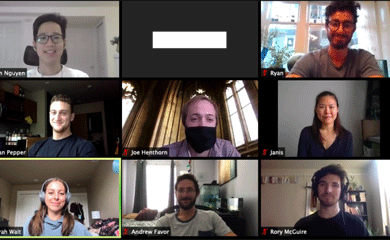
We are thrilled to welcome our newest cohort of molecular engineering (MolE) doctoral students to the University of Washington! Though this might not be the circumstances under which they envisioned starting graduate school, with some students even participating remotely from another state or country, we applaud our incoming students for their resilience and flexibility. Please join us in welcoming them to the UW and our molecular engineering community! Learn more about each student and their current research interests.
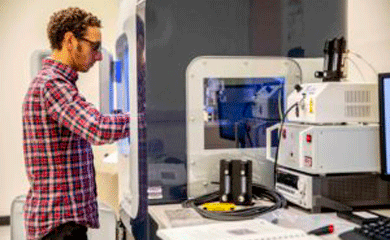
Micah Glaz, Molecular Analysis Facility staff scientist and nanomechanical testing expert, came to the UW as a postdoc before joining the MAF team to take advantage of the opportunity to teach more while staying close to the forefront of scientific research. Read our Q&A with Micah!
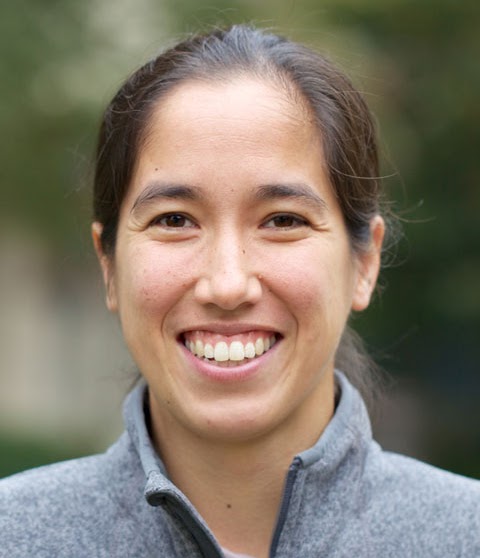
The National Science Foundation has awarded $3 million to establish a NSF Research Traineeship at the University of Washington for graduate students in quantum information science and technology. The new traineeship "” known as Accelerating Quantum-Enabled Technologies, or AQET "” will make the UW one of just "a handful" of universities with a formal, interdisciplinary QIST curriculum. MolES faculty member Kai-Mei Fu will serve as the director of AQET.

Five institutions, including MolES, came together to organize a virtual conference on racial inequity in STEM. At the event, students, faculty, and staff shared their perspectives on the barriers facing Black scholars, and inspired participants to take action.
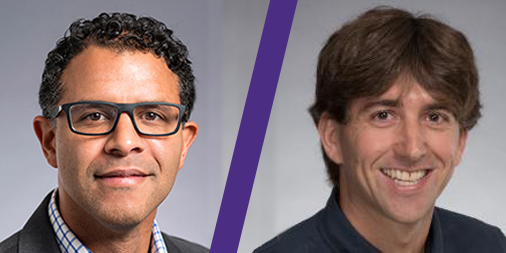
James Carothers, Dan Evans Career Development Associate Professor of Chemical Engineering, and Jesse Zalatan, Assistant Professor of Chemistry, have been awarded a National Science Foundation EAGER grant to develop a new type of SARS-Cov-2 antibody test. Carothers and Zalatan will receive $300,000 over a one-year period from funds made available through the Coronavirus Aid, Relief, and Economic Security (CARES) Act.
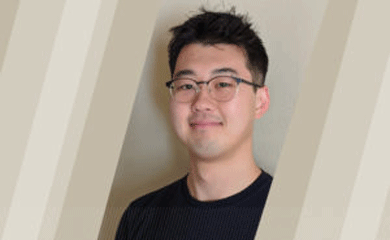
Recent MolE program alum Dan Lee was awarded the 2020 Distinguished Dissertation Award in mathematics, physical sciences and engineering from the UW Graduate School for his dissertation, "Synthesis of novel backbone functional polymers." As a graduate student in Suzie Pun's lab, Dan developed easily synthesized, biocompatible hydrogels that can conduct electricity and could be used to engineer cardiac or neural tissues among other applications. In this profile from the UW Graduate School, Dan shares how he found opportunities to innovate as a scientists and molecular engineer when things didn't go according to plan.
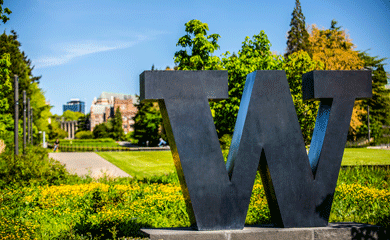
Seven University of Washington scientists including Christine Luscombe, professor of chemistry and of materials science and engineering, have been elected to the Washington State Academy of Sciences (WSAS). By sharing their expertise with decision makers in Washington State, WSAS members help to solve some of the most vexing problems facing the state.
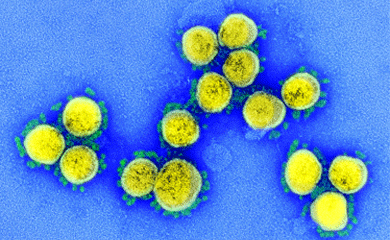
At the onset of the #COVID-19 pandemic, MolES faculty member Paul Yager, a UW professor of bioengineering, knew a rapid and accurate test would be needed to screen patients for the new coronavirus. He immediately set to work adapting his point-of-care testing research to developing an at-home test for the new virus.
Read more about how the Yager lab is developing easy, fast and accurate COVID-19 tests to be used at home and in the clinic.
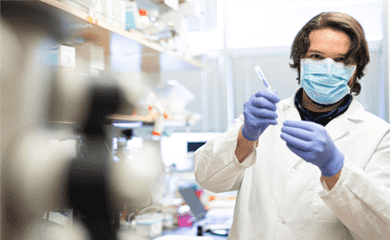
MolES faculty member and bioengineering professor Barry Lutz, in partnership with Dr. Matthew Thompson, a UW professor of family medicine and global health, is pioneering at home test kits for the Seattle Coronavirus Assessment Network to respond to the COVID-19 pandemic.
Read more about how the Lutz lab is developing new ways to rapidly test for COVID-19.
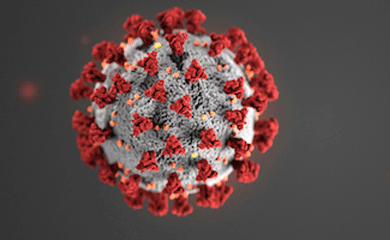
In response to the COVID-19 pandemic, MolES faculty have pivoted their research to address the novel coronavirus, SARS-CoV-2. They are leveraging molecular engineering approaches and tools to develop improved diagnostics, targeted treatment strategies, and a better understanding of the virus. We highlight a few of these projects here.